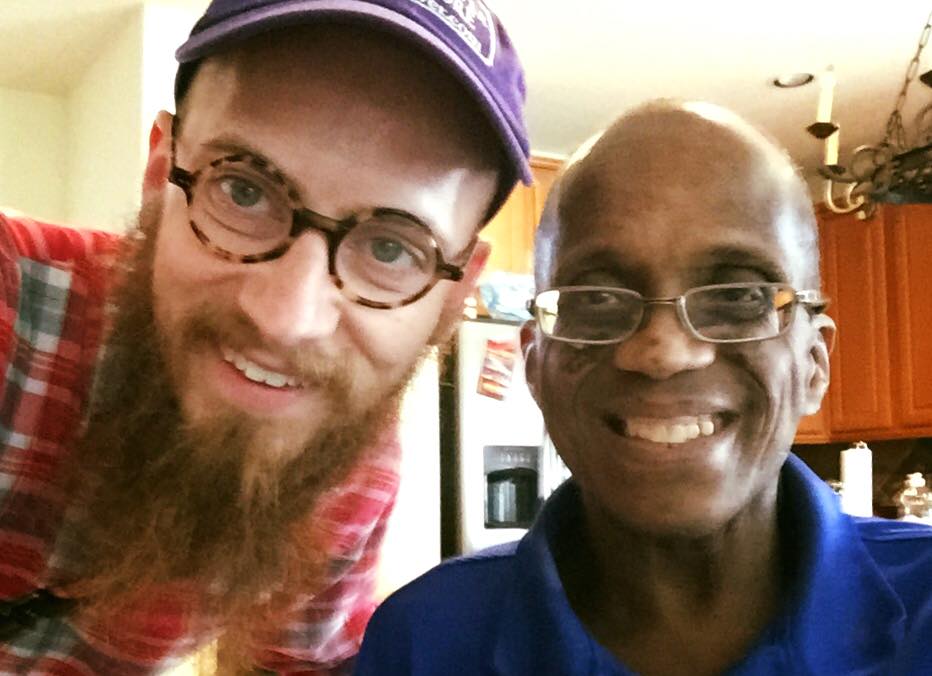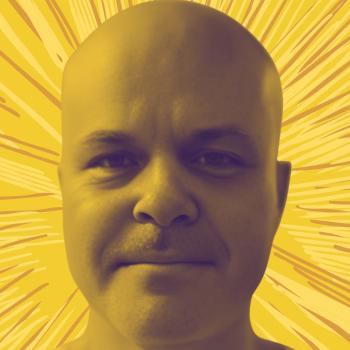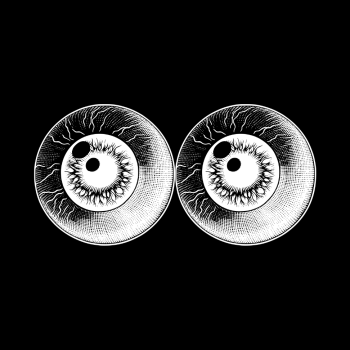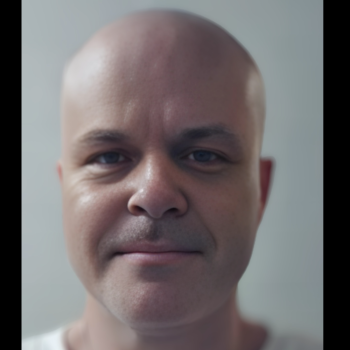* This interaction is derived from a recent conversation that I had with the Rev. Dr. Garth Baker-Fletcher at his home where he is recovering from hip surgery. A retired professor, Baker-Fletcher is the author of Somebodyness: Martin Luther King, Jr. and the Theory of Dignity (1993), Xodus: An African-American Male Journey (1996), My Sister, My Brother (with his wife Karen) (1997), Black Religion After the Million Man March (1998), Dirty Hands: Christian Ethics in a Morally Ambiguous World (2000) & Bible Witness in Black Churches (2009). A cherished friend, I affectionately call him Brother Garth.
J: Is pain redemptive?
G: Redemption means that you’ve been freed from your situation and made whole. Pain is a sort of liberation theology. We are made whole by pain.
J: Is it appropriate to hurt someone in order to bring about wholeness?
G: Of course not! How can anyone know that the pain they are giving will actually help someone?
J: I would disagree. The destruction of property is painful but sometimes necessary to prevent the destruction of the innocent. However painful it might be, I have no trouble destroying your gun in order to keep you from shooting someone.
G: While I agree with you, we must remember that the infliction of pain can quickly get out of control. How do you keep people from destroying everything?
J: Your thoughts are both challenging and stimulating. With that said, sometimes I think people say things are getting out of control when they were already out of control. Who gets to determine what is out of control?
G: Protests and rioting are the language of the voiceless. By the time people actually act, most of the time the injustice has been out of control for a long time. The response to social pain is often a signal that healing is needed and healing is needed now. I think you are seeing these responses and signals all over the country right now. People are rebelling against destructive structures. Many people in this nation have no sense of somebodyness. We need some pain relief.
J: On some level, I feel like a protest or riot is a marker or testament of health. When people push back against injustice, we are reminded that they are very much alive.
G: When I was teaching at our first school during the Rodney King Riots, people always criticized me for refusing to criticize the rioters. Christians kept demanding that everyone live in unity. I always felt like unity was a tool to silence not to liberate.
J: Unity on whose terms…right?
G: Exactly.
J: I think about our majority black cities where you have black on black oppression. The calls for unity in these settings is always centered on fidelity to race.
G: Dr. Martin Luther King, Jr. taught us that there are two types of peace. The presence of a negative peace is actually injustice. The presence of an actual peace is actual justice. Many communities in a variety of areas have submitted to a negative peace.
J: Do you think there is ever a point that we participate in oppressive structures so that we can have a say in what comes next? Many people excuse their participation in mainline denominations this way.
G: The mainline denominations love gradualism and the politics of respectability. I can see where you’re going with that. Institutions are very dirty. So, how do we Christianize our processes? How do we make love in these dirty institutions? I think it has to do with respecting persons outside of our normativities. How do we bring about the inclusion of the abnormal? I think we must create and push for more inclusive institutions.
J: I think our best bet is to speak to individuals. We have to convince people that there is something better than what is and that they can begin to push towards it in this life. Hope is the antidote.
G: This society needs a stiff shot of hope.
Amen.













